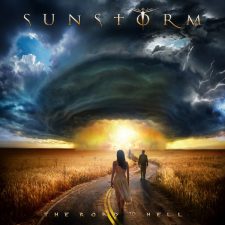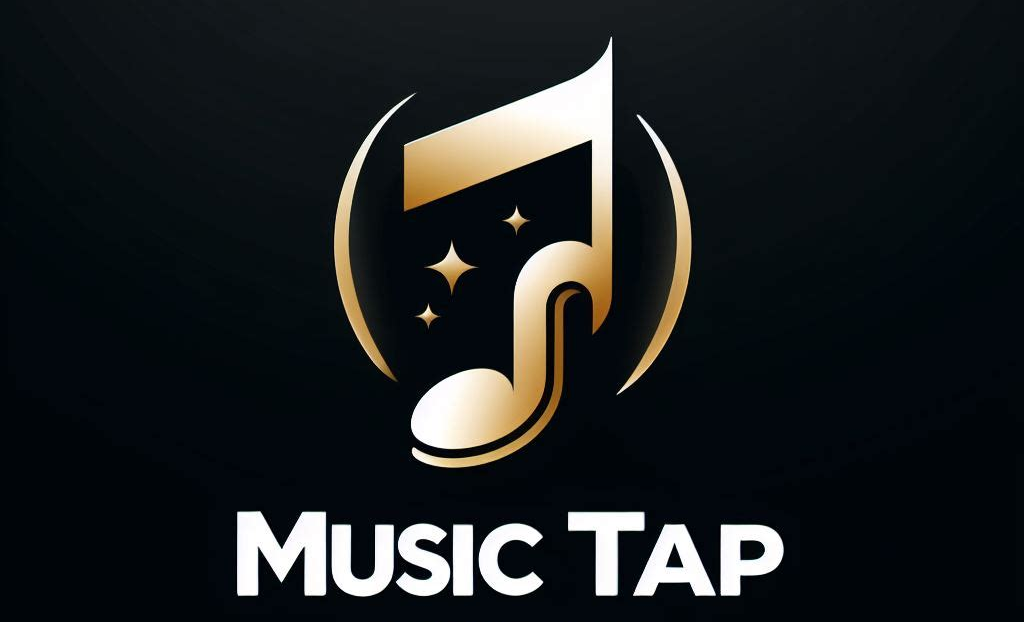One thing about me that is either a virtue or a huge stumbling block is that I always try to be fair. Circumstances are such that one must conduct their business in a specific way out of necessity, not out of desire and I ought to factor that in before I go shooting my mouth off. I have to receive something with, at least, a little understanding of how that something came into existence.
 And still, I can’t understand the new Sunstorm album.
And still, I can’t understand the new Sunstorm album.
For the uninitiated, Sunstorm is a vehicle developed and nominally operated by Frontiers Records head Alessandro Del Vecchio and he handles the keyboards for the group. It is, mainly, a platform for singer Joe Lynn Turner (Deep Purple, Rainbow, Yngwie Malmsteen) and positions itself firmly in that melodic rock/AOR/melodic metal zone. Although this sound no longer can be found on pop charts or on rock-oriented radio, there is considerable fan appreciation for it. At its best, this music still can deliver, provided it is aware of its limitations and stereotypes, and has some plan to navigate around those deficiencies.
Frustratingly, this new Sunstorm album steers straight into the stereotypes, and rather than coming through as defiant and self-aware, it frequently comes off as clueless. We’ll set aside for a moment the fact that this album has nothing to do with the superior blues-rock classic from Chris Rea of the same name. Sunstorm’s The Road To Hell uses the title to indulge in quasi-apocalyptic “tuff talk” the way too much AOR trades in, with the usual sound and fury signifying nothing. AOR also likes it’s “heat” on the “street” with “fire’s desire” and “hearts torn apart” in the “light” of the “night.” You get my drift. The title cut sounds suspiciously similar to Malmsteen’s “Judas” from 1990, either by choice or by force of influences, but never challenges what a late-80s “hair metal” track could be in 2018. It just accepts and moves on.
The band itself – the core pieces of it – are more than competent. Given a little more time and greater sensitivity to how much more could be achieved, instead of doubling down on genre tropes, I feel like the guts are there to deliver something greater, at least from the technical side. Joe Lynn Turner’s voice is a little thicker and huskier than it used to be, but still sounds good. It sounds better than many of his former peers who, at this stage in their careers, are shadows of their previous selves. But instead of leveraging Turner’s acquired strengths, The Road To Hell insists on playing the game in almost maddening lockstep with how things were done in the 1980s.
Honestly, Joe Lynn Turner deserves better. Say what you will about his discography. A lot of Deep Purple fans had reservations about his brief time with the band, but there’s no shame in how he performed. He was the singer on, arguably, Rainbow’s biggest track, “Stone Cold.” From that aspect, there’s no reason why Turner couldn’t be on the same level as, say, Glenn Hughes who gets to be revered every now and again on Black Country Communion albums with Joe Bonnamassa, or plunking heavy basslines on Joe Satriani’s most recent release.
Instead, Turner is mired in a timewarp engineered to satisfy an audience that may demand no discernible growth. He seems in debt, providing soundtracks to a crowd that hasn’t realized that “all killer, no filler!” is just as cringeworthy a cliche. The interior of the CD booklet features photos of him in a leather rocker vest; with dark, black hair that, if it’s real then God bless him, but insinuates it is not; doing Dirk Diggler-esque action poses.
Still, he’s giving it his all. Turner is a consummate professional and even when the tracks on the record seem at their most “by-the-numbers,” he’s giving it everything he’s got. At points, the man and the band can still inspire and make you forget what the songs lack, deferring to the positive qualities they retain, but none of this should be so difficult. In the past decade, audiences have been treated to rock comebacks that have been more than worthwhile. Have they sold into gold and platinum territories? No, and we’re probably well away from an era where that’s ever going to be possible again. But given the freedom and latitude to not have to play to the crowd (or label benchmarks), said artists did something more valuable. They proved that, in the back chapters of their careers, they could still demand you pay attention. The Road To Hell makes no such demands and, instead, sticks to the dogeared script.
I suspect that the album is as it is because it has to be, that perhaps, the audience for AOR is very dogmatic about how these things should be, and they wouldn’t be the first fan classification to do so. The creators of this must know that, in this form, the record will sell. It won’t burn the house down, but it will generate enough heat to cover the costs and maybe make a small profit, but there are few things as counterintuitive against the rock ‘n roll spirit. Instead, this describes the process of making a Big Mac so that the sandwich tastes the same, decade after decade, no matter which McDonald’s you buy it from.
It’s very disheartening. Turner deserves a better, more dignified treatment than this. He ought to have a platform that demonstrates his capacities at his best, not conforming to institutionalized hard rock boilerplate. As it stands now, Sunstorm’s The Road To Hell comes off like a parody, unnecessarily wearing its shortcomings like virtues.
